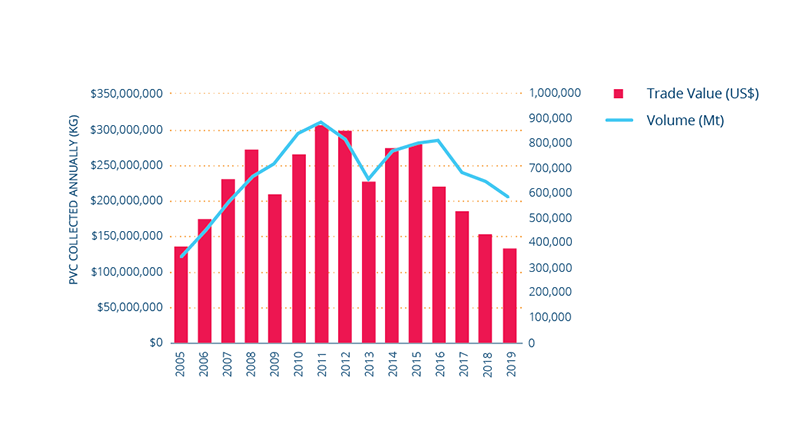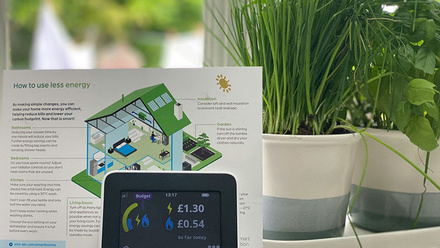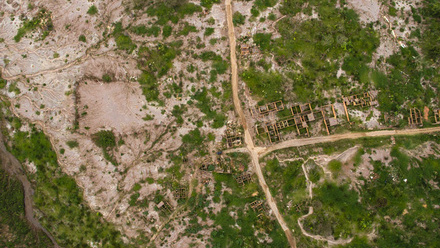Roadmap for reducing reliance on plastic waste export
The British Plastics Federation (BPF) has launched a new report, showing how the UK can significantly reduce its reliance on exporting plastic waste.

The report highlights what the UK needs to achieve if it is to reduce reliance on exporting plastic waste for recycling and suggests that with the right drivers in place, plastic recycled within UK facilities could increase 3.5 times by the year 2030.
In addition to investment in UK recycling systems, the report calls for there to be the same plastic waste collection schemes across all local authorities, the kerbside collection of plastic film, increases in the use of recycled material in new products and better communication to the public about what can be recycled.
New technologies will also need to expand the report suggests, estimating that if chemical recycling and other new recycling methods are proven to work at scale, the amount of material processed this way could increase by sixty times. This would mean newer recycling technologies would be able to process three hundred kilotonnes of plastic waste per year by 2030 (up from 5 kilotonnes currently), including currently hard-to-recycle plastics. The roadmap includes a list of companies using advanced, non-mechanical recycling technologies that have or are planning to establish capacity in the UK.
The document also states that recycling rates need to increase for a range of plastic products – not just packaging. The construction, automotive, electrical and electronics, household, sports and leisure, and agriculture sectors represent a higher amount of plastic use in total than packaging and more needs to be collected and recycled. The report calls for specific product recycling schemes to be set up for products not currently collected at kerbside.







